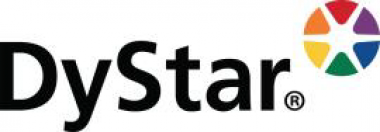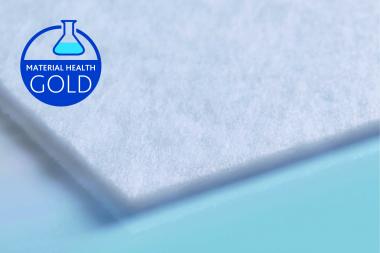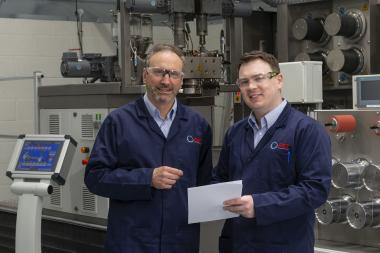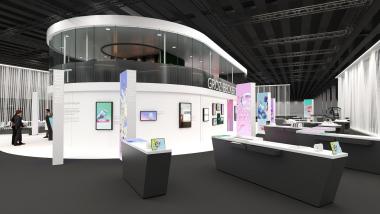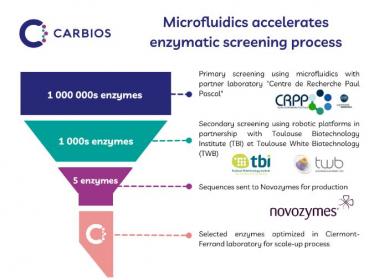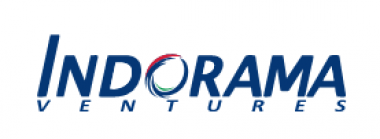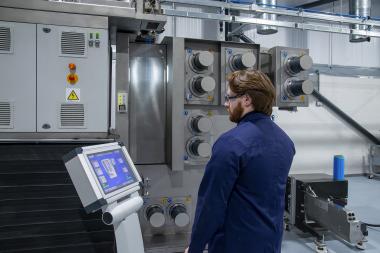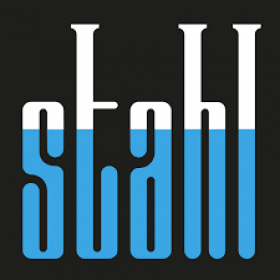CFO Kurt Ledermann leaves Rieter Group
Kurt Ledermann, CFO at the Rieter Group since 2019, is to leave the Group Executive Committee in August 2023 for personal reasons to pursue a career opportunity outside the Rieter Group. The Board of Directors wishes to express its gratitude to Kurt Ledermann in advance for his valuable service and his contribution to the further development of Rieter. Details about succession arrangements shall be provided in due course.
Rieter Group
Rieter Management AG









